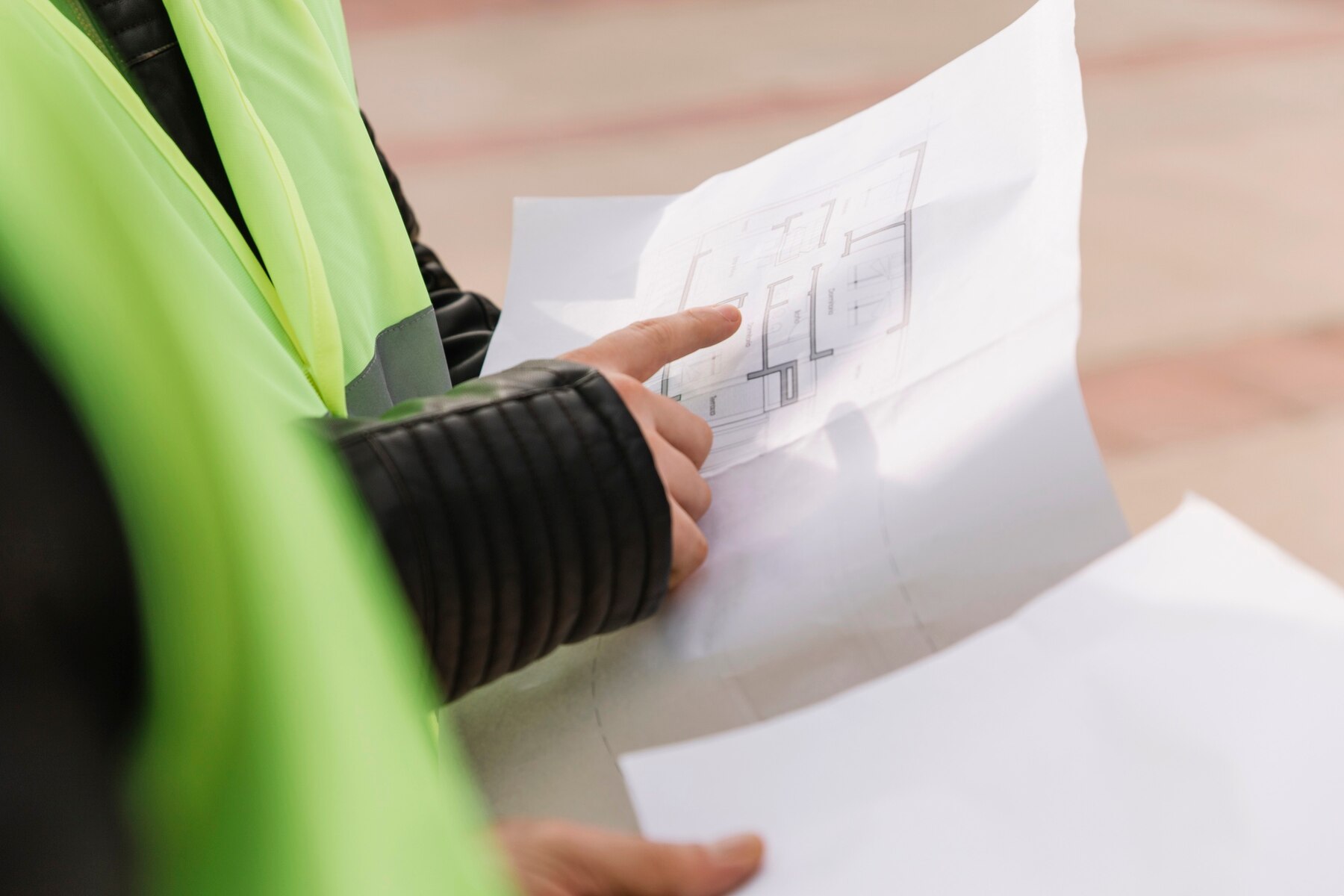Whether you’re a new homeowner or a seasoned property owner in Houston, identifying and documenting construction defects is crucial in protecting your investment. Construction defects can affect property values, safety, and livability. Knowing how to spot potential issues and properly document them is the first step towards resolving any problems that may arise. In Houston, where the construction industry is bustling, property owners must be ever-vigilant. This blog provides a comprehensive guide to help you identify and document construction defects.
Contents
Understanding Construction Defects
Construction defects range from superficial problems to structural failures that can compromise the integrity of a building. They can be classified into design, material, and workmanship issues, or could arise from a failure to adhere to the building codes. Common defects include:
- Structural Integrity: Cracks in foundations, walls, or ceilings may suggest structural weaknesses.
- Water Issues: Persistent leaks, water intrusion, or poor drainage can lead to mold and other significant issues.
- Electrical Systems: Faulty wiring can pose fire risks and should be addressed immediately.
- Roofing Problems: Improperly installed or poor-quality roofing materials can lead to leaks and damage.
- Mechanical Issues: This can include HVAC systems and appliances that don’t function as expected.
How to Identify Construction Defects
Paying close attention to your property on a regular basis is key. Defects are not always obvious, so here are some specific things you should look for:
- Conduct a Detailed Inspection
- Walk through your property and look for any signs of unusual wear or damage.
- Check for cracks in walls, especially around doors and windows.
- Inspect ceilings and floors for any signs of sagging or unevenness.
- Look for any evidence of water damage, such as stains, mold, or warped materials.
Hire Expert Inspectors
If you suspect there may be defects:
- Consider hiring a trained home inspector with experience in identifying construction defects.
- An architect or structural engineer may be necessary for suspected major structural defects.
Documenting Construction Defects
Once defects are identified, documentation becomes critical, especially if legal action is necessary:
Keep Detailed Records
- Photographs: Take clear, high-resolution photos or videos of the defects from various angles and with proper lighting.
- Notes: Write detailed descriptions of each defect, including the location, size, and any conditions that might affect it.
- Correspondence: Keep copies of all communications with builders, contractors, warranty companies, and inspectors regarding the defect.
Organize Repair Documents
If repairs have been made:
- Keep invoices, receipts, warranties, and service reports.
- Record the dates of the repairs and who performed them.
Collect Historical Documentation
Gather and organize all the property-related documents you’ve received since the initial purchase:
- Contracts and Agreements: These can provide details on what work was agreed upon and the expected standards of construction.
- Building Plans and Specifications: To compare the intended design with the actual construction.
- Home Inspection Reports: These may contain early evidence of defect or poor workmanship.
- Building Permits and Certificates of Occupancy: To verify that the construction met local building codes and regulations.
Knowing the Law
Houston falls under Texas state laws regarding construction defects. Familiarize yourself with relevant laws, such as the Texas Residential Construction Liability Act (RCLA), which may affect your claims and how you should proceed.
Proactive Measures
Regular Maintenance
Regular inspections and maintenance can prevent small defects from becoming big problems and can serve as ongoing documentation of your property’s condition.
Prompt Action
Taking immediate action at the first sign of a defect is essential:
- Alert your builder or contractor as soon as you discover a defect.
- If under warranty, follow the procedure to file claims accordingly.
Legal Consultation
Consider consulting with a Houston construction defects attorney:
- They can provide guidance on documenting defects and navigating the legal landscape.
- Should litigation become necessary, your attorney will help prepare your case, utilizing the evidence you have collected.
Identifying and documenting construction defects is vital for the safety, enjoyment, and investment of your Houston property. An attentive eye, careful record-keeping, and a willingness to take swift action can help safeguard against the challenges presented by construction defects. In the event that informal resolution is not possible, your documentation will be the foundation of your legal claim to seek repairs or compensation. Remember, the worth of your home or property hinges not just on its aesthetic or location but fundamentally on its sound construction and durability.




